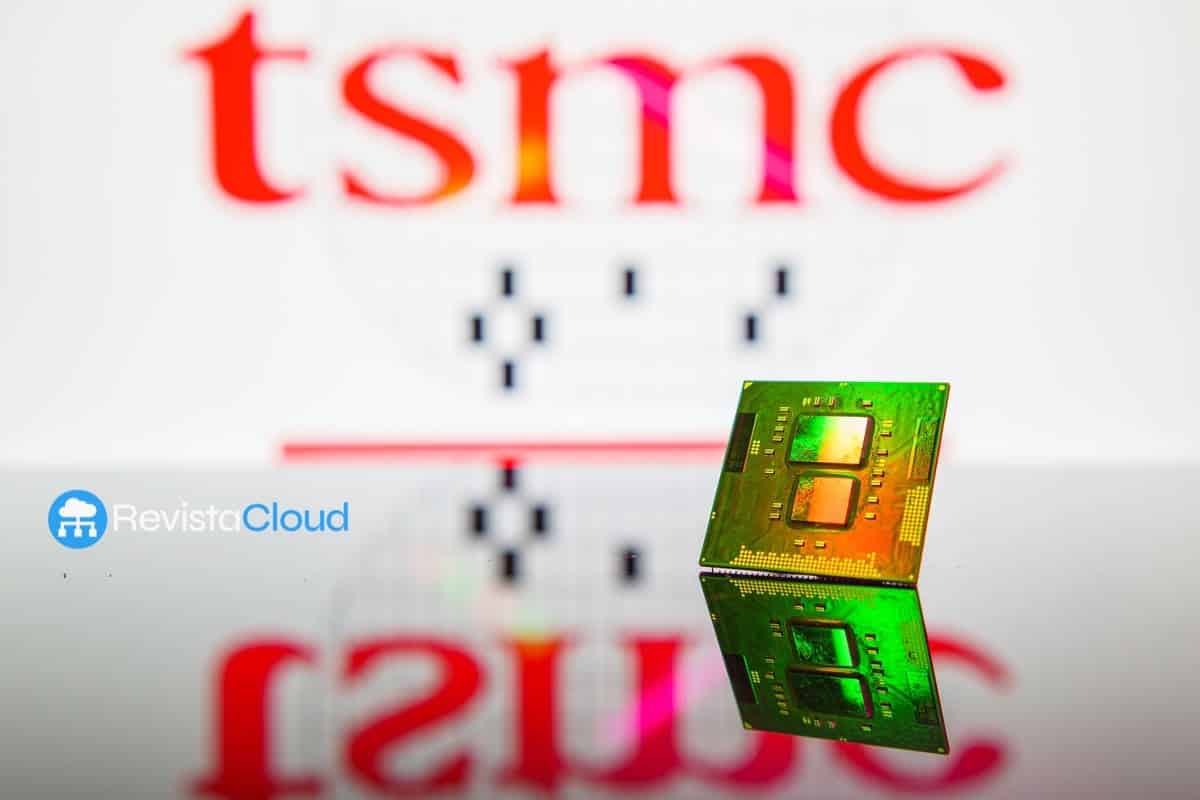Taiwan Semiconductor Manufacturing Company (TSMC), the world’s largest contract chip manufacturer, released its consolidated financial results for November 2024, highlighting remarkable year-over-year growth driven by demand for artificial intelligence (AI). However, the revenues for the month reflected a monthly decline compared to the previous month, raising concerns about the sustainability of the growth rate.
Key Figures
TSMC reported consolidated net revenues of NT$ 276.058 billion in November 2024, representing a 12.2% decrease from October. Despite this monthly drop, revenues increased by an impressive 34% year-over-year, compared to NT$ 206.026 billion recorded in November 2023.
Between January and November 2024, TSMC achieved accumulated revenues of NT$ 2.61 trillion, signifying a growth of 31.8% compared to the same period in 2023, when the figure stood at NT$ 1.98 trillion.
Boost from Artificial Intelligence
The year-over-year growth is attributed to the surge in the artificial intelligence industry, which has increased the demand for advanced chips for applications in data centers and next-generation devices. TSMC has played a key role in supplying these critical technology components, solidifying its leadership in the sector.
However, the 12.2% month-over-month decline in November revenues could indicate a moderation in demand, especially considering projections for a potential slowdown in data center construction and the adoption of new chips.
Future Outlook
While the year-over-year growth is notable, analysts in the sector are beginning to question whether this trend can be sustained in the long term. Factors such as market saturation in AI, increased competition, and potential global economic constraints could impact TSMC’s future results.
Nevertheless, the company continues to express confidence in its ability to adapt to market changes and meet the rising demand for advanced technologies. Its strong financial performance up to November 2024 reinforces its position as a key player in the global semiconductor industry.

